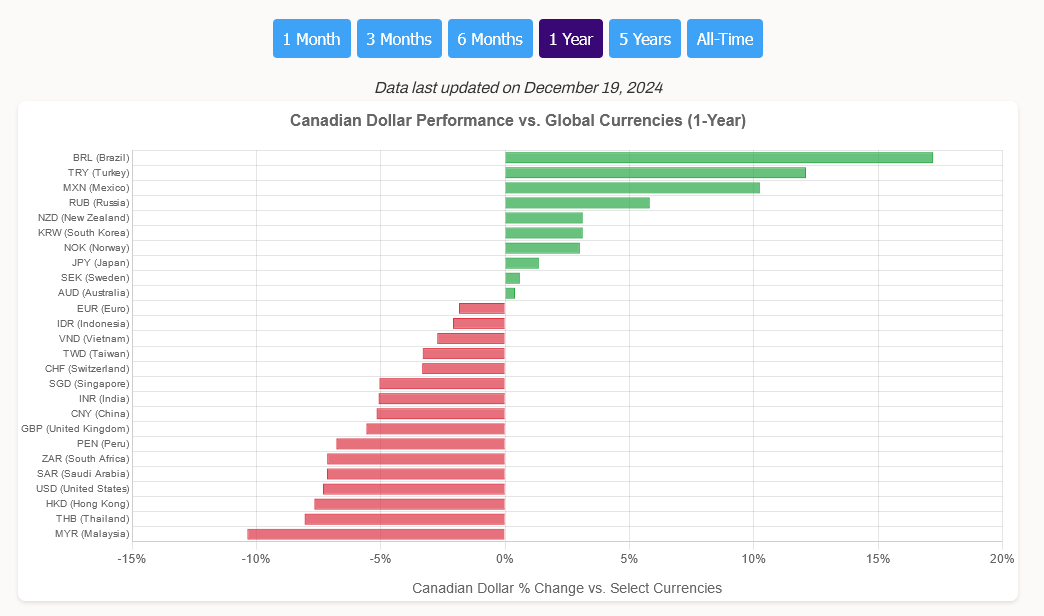I learned about this new economic neologism elsewhere on Lemmy.
"vibecession," a term that refers to a disconnect between economic data and how consumers feel.
My curiosity was piqued because I heard that Chrystia Freeland used it a month ago, before she was in the spotlight. Apparently the Liberals' 2-month tax holiday and $250 cheques were in part to target this "vibecession." Let's listen.
"One of the positive impacts of this measure is to help Canadians get past that vibecession. Because how Canadians feel really does have a real economic impact," Freeland said at a news conference on Nov. 25.
This term has perhaps been co-opted in the 2 or 3 years since economist Kyla Scanlon coined it. It sounds like she used it to mean purely a mismatch between popular economic indicators (e.g., national GDP, consumer spending, interest rates) and everyday people's sense of their finances and the economy.
However Freeland and other politicians seem to be using it to mean that perceived issues with the economy are all in voters' heads.
For me, I think the evidence is mounting that Freeland is not better than Trudeau.
But I think there's more to unpack from the idea of a "vibecession." I'm not an economist, but it seems to me that both things can be true: the popular economic indicators can be looking good and everyday people can be experiencing greater levels of financial hardship than they or their parents have ever known.
Any progressive who wants to represent workers needs to push those gross economic indicators to the side and look at the financial prosperity indicators that capture everyday people's struggles and matter to them - at least when talking to voters. Because I think that's what they'll pay attention to.
And when people don't do this - don't look at meaningful and relevant metrics, like age of first home ownership, cost of a food basket or rent against a median income (something like that), how many are living paycheck to paycheck - that's when people will flock even more to the fictitious BS that Trump or PP hock. Because if someone can never afford to own a home, for example, and we don't see politicians meaningfully tackling housing or affordability, and they're telling as about how great the economy is doing per GDP - they aren't listening to talking to us.
Both quotes from https://www.cbc.ca/radio/day6/vibecession-creator-freeland-1.7397093


